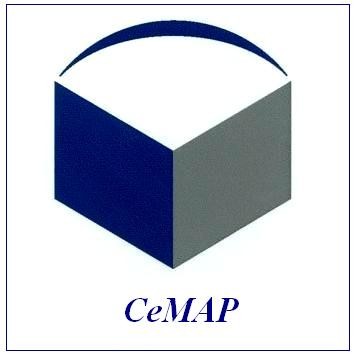DESPITE the imposition of government ‘safeguard measures,’ the local cement industry continues to reel from the inflow of imported cement, particularly from Vietnam.
This was the position aired by the Cement Manufacturers’ Association (CeMAP) during a public hearing on the issue last June 1, 2022.
“The continuing rise in volume of certain exported Vietnam cement to the Philippine market at dumped prices puts at risk our domestic industry and adversely impacts our country’s economic recovery efforts,” said CeMAP Executive Director Mr. Cirilo Pestano, in his testimony before the Tariff Commission.
To address the problem, CeMAP, in its presentation, called on the government to impose “more stringent and definitive anti-dumping duty” against imports of ordinary Portland Cement (Type 1) and Blended Type 1P from Vietnam.
In his presentation, Pestano also noted that measures taken by the government, such as the community quarantine (lockdown) to prevent the spread of COVID-19 also aggravated their situation.
“The surge in COVID-19 cases in the country in 2021 forced the government to impose quarantine measures that hit education and tourism-related sectors, slowed construction, and limited or shut down manufacturing production, among others,” he noted.
As of 2021, CeMAP noted that already, Vietnam accounted for 91 percent of the country’s cement imports in terms of volume and value, growing from about 61 percent in 2017 from almost nil in 2013.
He added that the increase in cement imports from Vietnam grew faster than the Year-on-Year (YOY) growth of the Philippine market. The chart presented by CeMAP showed cement imports grew from 2.486 million metric tons (MMT) in 2017 to 5.396 MMT in 2020 and 6.466 MMT in 2021.
Stressing that CeMAP advocates fair competition, Pestano pointed out that “the continued influx of cement imports, particularly from Vietnam, has resulted to the loss of sales volumes on the part of the Philippine domestic cement manufacturing industry.”
While the three-year safeguard measures the government imposed in 2019 has helped slow down the cement imports from Thailand, China, Japan, Taiwan, and Indonesia, Pestano said Vietnam has further increased its cement exports to the Philippines.
Pestano said the continued dumping of imported cement from Vietnam “undermines the safeguard measures” earlier imposed.
Likewise, he said dumping undermines the capability of the domestic cement manufacturing industry to contribute to, and catalyze, inclusive growth through job creation, tax revenue generation, improving the balance of payments, utilization of local resources, and encouraging additional investments.
He noted that the flood of imported cement is despite the domestic industry having a “secure and stable supply of cement” sufficient to meet the country’s growing needs.
While demand from 2018 to 2021 has remained “relatively flat,” ranging from 31.8 MT in 2018 to 28.7MT in 2021, Pestano said the local cement manufacturing industry’s capacity has increased to a total of 46.6MMT in 2021 with a projected additional capacity of 19.5MMT by 2025.
Despite this, Pestano said the threat of dumping of cement from Vietnam continues as its capacity of 120 MMT per annum only served 50 percent of domestic demand from 2019 to 2021.
He cited a report in Vietnam News, which said that “due to lower domestic demand, businesses are looking into exports to get rid of their stock, despite unfavorable prices.
In 2020 the country exported cement at an average price of US$37 per ton, which was lower than the price in 2018 ($40)”.
The commission, during the hearing, also denied the motion of one of the lawyers of the oppositors to expunge Cirilo’s testimony for being filed beyond the May 27, 2022 deadline, noting that since their task is fact-finding, they are not bound by strict rules on evidence and can apply the rules liberally.
It can be recalled that in November last year, the DTI imposed provisional anti-dumping duties on specific Portland cement brands imported from Vietnam after conducting a preliminary determination on the anti-dumping petition filed by several local cement manufacturers.
The DTI said preliminary determination showed that 9 out of 16 Vietnamese exporters of Type 1 cement and 4 out of 12 exporters of Type 1P cement have been dumping cement in the country causing material injury to the domestic cement industry.
The Commission, for its part, is set to conduct a separate hearing on the plea of local cement manufacturers for the extension of the safeguard measures.



